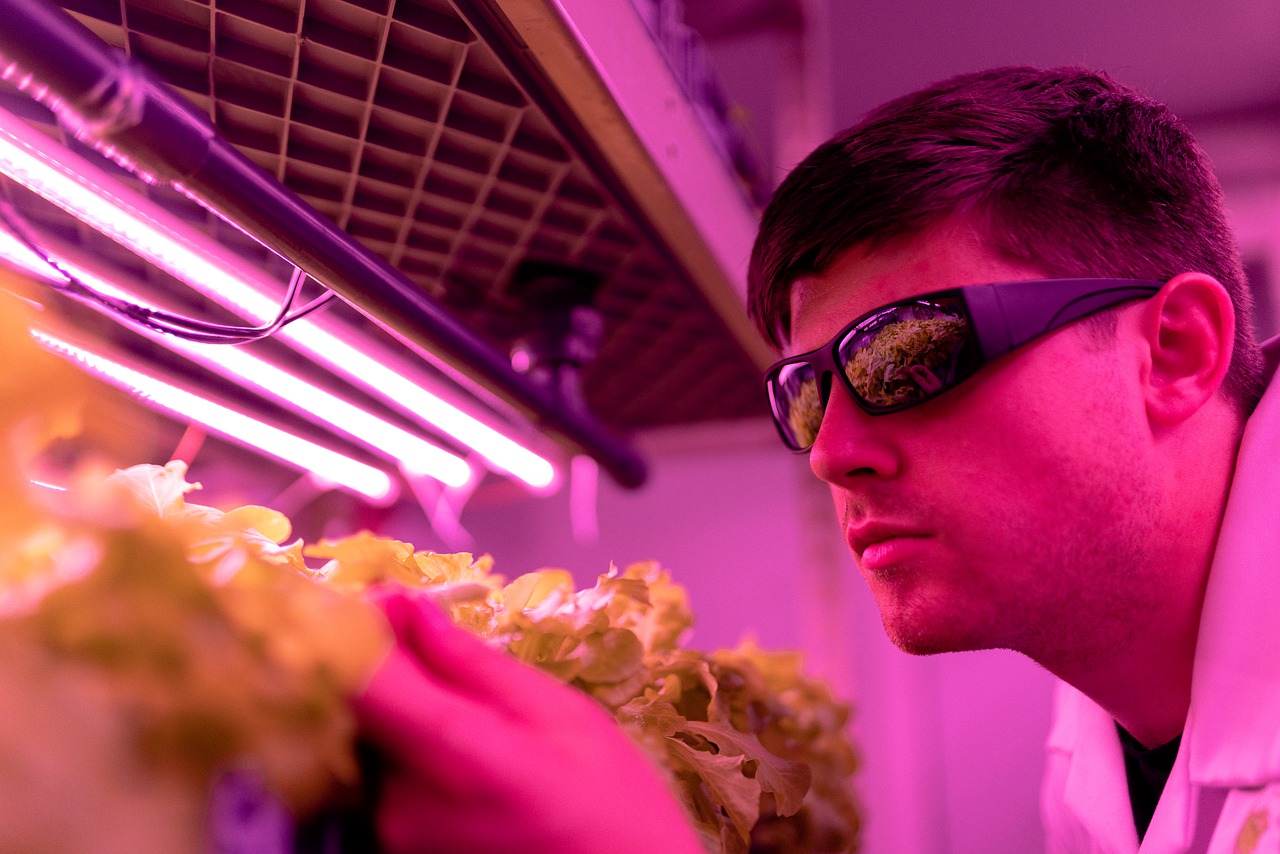
Kirikiriroa – A sharp spike in the adoption of genome editing and tech advances in gene-editing tools is driving the growth of the global genome editing market.
The global genome editing industry accounted for $4.81billion last year and is expected to reach more than $36billion by 2030.
BiotechNZ executive director Dr Zahra Champion says NZ’s government has a critical role in funding biotechnology research, for the benefit of all Kiwis.
Governments worldwide are investing in gene editing research to ensure there is equitable access for farmers to new technologies and avoid only having the large multinationals innovating in this market, she says.
“We would like to see greater government support for genetic research and this type of technology, with studies carried out by crown research institutes and universities in conjunction with our New Zealand companies,” Dr Champion says.
If New Zealand wants to reach its goals to reduce net greenhouse gas emissions, except biogenic methane, to zero by 2050, something must be done differently.
Gene editing technology is one tool that can potentially increase crop yields and quality, plant drought-resistance, improved food safety and security, improve product shelf life and higher nutritional value.
Private investment is important for the research industries, but it needs to be balanced with government investment to benefit everyone in Aotearoa.
Scientific research is essential to solving major problems that affect millions of people, such as global warming, disease, poverty, and inequality.
The three big areas of biotech research are human health, environmental / industrial and agriculture.
The presence of major market players in developing countries and application in various drug discovery processes are expected to open lucrative doors in the future.
The covid pandemic has disrupted workflow in the healthcare sector. The spread of diseases forced several industries to close their facilities including sub-domains of healthcare.
However, the use of bene editing has been favoured during the pandemic and technologies based on naturally occurring bacterial gene-editing systems played a vital role to come up with the best defence against covid.



